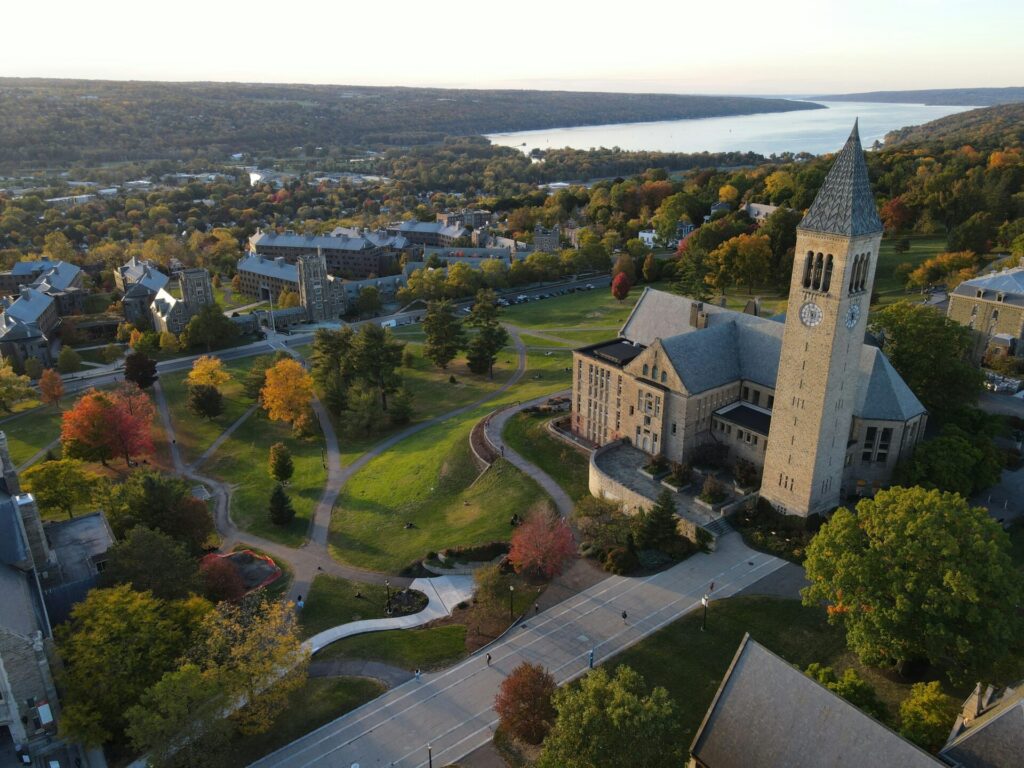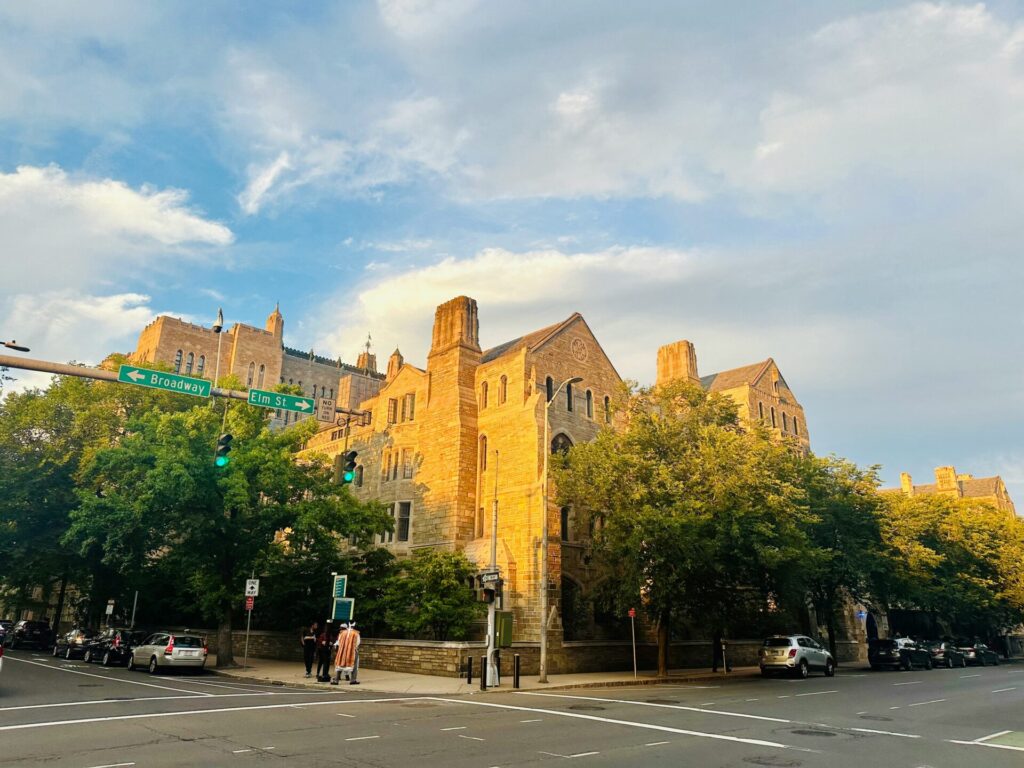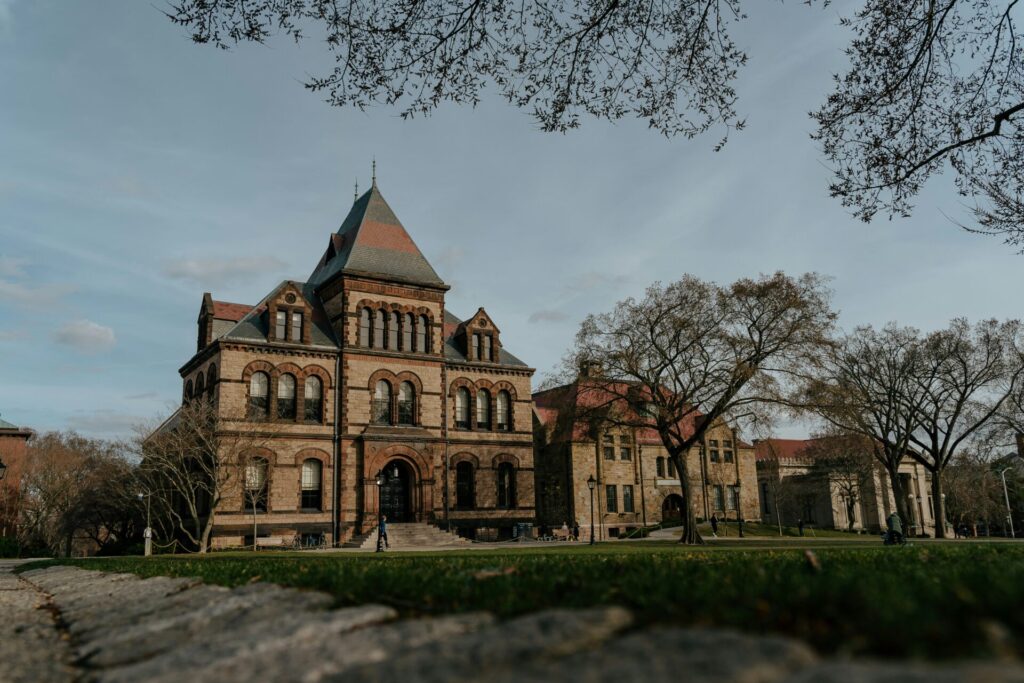UCLA summer programs for high school students offer a gateway into university-level academics at one of the most prestigious public universities in the United States. Designed to give secondary school students a head start on college preparation, these programs combine academic challenge with a taste of life on a major research campus. Participants can choose between residential, commuter, and online formats depending on the programme.
The most academically intensive route is the Summer College Immersion Program (SCIP), which allows students to enrol in actual UCLA undergraduate courses for credit over six weeks. This gives them not just an understanding of college-level study but also an official transcript. For students looking for something more condensed, the Precollege Summer Institutes offer a range of one- to three-week courses. These are subject-specific and involve hands-on learning, from scriptwriting and architecture to coding, nanoscience, and engineering. We’ve broken down each of the summer school options below.
Types of Summer Programme
Summer Courses
Choose from 100+ in-person courses in over 30 subject areas and study alongside UCLA students. These are open to students aged 15 and older who will have completed Grade 9 by the start of the programme. While most introductory courses don’t require previous study, some advanced options may have subject-specific prerequisites like prior coursework in maths or science. Students get a real taste of university life and the academic pace of UCLA’s quarter system, with access to campus facilities and the opportunity to engage in extracurricular life depending on their schedule.
Summer Online
Take UCLA on the go and earn UCLA credit anywhere. These online courses follow the same eligibility requirements: students must be at least 15 years old and have completed 9th grade. Subjects span general education, humanities, STEM, and more, and most courses are accessible without previous subject experience—though select courses may list prerequisites. While co-curricular engagement is lighter due to the remote format, some instructors incorporate peer collaboration and virtual discussions.
Summer Intensives
Immerse yourself in an accelerated learning experience and earn the same amount of UCLA credit in just three weeks. Open to students aged 15+ who’ve completed Grade 9, these condensed courses move fast and are best suited to academically confident learners. Some courses may require prior subject exposure, depending on complexity. Co-curriculars are limited due to the pace, but students benefit from focused immersion in a subject area.
Summer College Immersion Program
Take 1–2 UCLA courses alongside UCLA undergraduates and receive exclusive access to co-curricular enhancements that foster academic growth and college readiness. This six-week programme is open by application to students aged 14–17 who have completed at least Grade 10 and hold a minimum GPA of 3.5. Applicants must also submit transcripts and a personal statement. Alongside academic credit, participants engage in workshops, mentoring, and enrichment activities to prepare them for world-class university environments.
Precollege Summer Institutes
Receive a comprehensive and immersive study of your chosen subject in one to three weeks. These institutes are open to students aged 14–17 and often involve a short application. Some programmes—particularly in STEM, performing arts, or design—may ask for prior experience or portfolio work, but others are accessible to beginners with interest. Co-curricular components such as field visits, hands-on projects, performances, and guest lectures expand learning beyond the classroom.
Bruin Ascent Summer Experience (BASE)
A six-week online scholarship programme designed for current 10th–11th grade California high school students from economically under-resourced communities. Applicants must have a GPA of 3.0 or higher and demonstrate academic motivation. Selected students enrol in one UCLA summer online course free of charge, are paired with a UCLA undergraduate mentor, and take part in a series of co-curricular workshops that support future college and career success.
Main Features of UCLA Summer Programs
UCLA summer programs for high school students blend academic depth with flexibility, offering high school students a meaningful glimpse into university-level education. Students can explore a wide variety of subjects – ranging from STEM and the humanities to arts, media, and pre-professional fields like law and medicine. Program formats are adaptable to different needs and circumstances, with in-person, residential, commuter, and fully online delivery options available. This allows students from across the U.S. and abroad to access a UCLA education in the way that suits them best.
Many courses are taught by UCLA faculty or experienced instructors affiliated with the university, ensuring academic standards are high and content is both relevant and challenging. Support is also built into the programmes, with tutoring, mentorship, and office hours helping students adjust to the pace and expectations of college study.
Whether attending a six-week credit-bearing course or a one-week intensive, students benefit from UCLA’s world-class resources and infrastructure. From modern lecture halls and research labs to libraries and creative studios, the facilities are designed to simulate real university life. This mix of academic challenge, campus immersion, and supportive instruction makes UCLA’s summer programs a standout choice for ambitious secondary school students looking to expand their horizons.
Pros of Participating in UCLA Summer Programs
Students who attend UCLA’s summer programs gain a preview of real university life—academically and socially. Courses are taught at the same standard as UCLA undergrad classes, giving participants a real sense of university expectations. For those in the Summer College Immersion Program, this even results in official college credit, which can be beneficial during future university applications.
Beyond academics, the residential options help students build independence and develop social confidence. Living in UCLA dorms, navigating a busy campus, and engaging with peers from around the world fosters important life skills. At the same time, students get to experience Los Angeles as a backdrop—its museums, studios, tech hubs, and more—particularly useful in arts, media, and STEM-focused courses.
The range of subjects on offer is another strong point. From pre-med to global studies to AI, students can try out fields they may want to pursue at university, guided by experienced instructors. It’s a supportive but stimulating environment designed to stretch students intellectually while also offering a manageable introduction to college-style study. In short, it’s an excellent all-rounder for those who want both challenge and support.
Cons of UCLA Summer Programs
Despite their strengths, UCLA’s summer programs come with a few drawbacks. The first and most common concern is cost. Residential programs especially can be expensive once tuition, accommodation, meals, and materials are added up. While financial aid exists, it’s limited and not always guaranteed.
There’s also the academic intensity to consider. Courses are fast-paced and delivered over a condensed timeline, meaning students must quickly adapt to the demands of university-level learning. Those unprepared for this pace may find it overwhelming.
The size and scale of UCLA also mean it can feel impersonal at times. Unlike smaller, mentorship-driven programmes, students here may need to take more initiative to seek out help or stand out in group settings. For online programmes, the lack of in-person community can also limit peer-to-peer interaction.
Lastly, although participation can strengthen a university application, it doesn’t automatically increase a student’s chances of being admitted to UCLA itself. Students should treat the experience as valuable in its own right, rather than a direct route into the institution.
UCLA Summer Programs vs Immerse Education San Francisco Programmes
Immerse Education’s San Francisco programmes offer a different kind of summer learning experience to UCLA’s. While UCLA presents a formal university setting with access to credit-earning courses, Immerse focuses on personalised, subject-specific learning in small cohorts. Students in San Francisco study in spaces designed for collaboration and innovation, often led by experts with both academic and industry experience.
One key distinction is in structure. UCLA summer programs for high school students follow a more independent model – academic content on large campus, which students building their own timetable to complete college courses. In San Francisco, Immerse provides programmes tailored to high schoolers in fields like software development, entrepreneurship, and sustainability, giving students direct insight into topics and potential careers in these areas. Learning is geared towards employability, with a focus on soft and hard skills, professional networks, and industry experience. Throughout the two weeks, meals, accommodation and a full social programme is also organised by Immerse.
Immerse also places heavy emphasis on critical thinking, project-based learning, and mentorship. Participants work in close-knit groups, with lots of discussion and feedback. The atmosphere is collegiate but more personal than that of a large university summer school.
For students seeking university credit and the experience of studying at a top US public university, UCLA is an excellent fit. But for those who want in-depth focus, more individual support, and an environment that mirrors future start-up or tech careers, Immerse offers a compelling alternative right in the heart of Silicon Valley.
Join the Immerse Education 2025 Essay Competition
Follow the instructions to write and submit your best essay for a chance to be awarded a 100% scholarship.

Should You Consider UCLA Summer Programs?
If you’re a motivated student looking for a challenging, structured introduction to university life, UCLA’s summer programs are a strong option. They offer the credibility of a top-tier institution, college-level coursework, and exposure to a diverse student body. However, they’re best suited to those ready for academic intensity and able to manage a large, independent learning environment. For the right student, it’s an impressive and confidence-building experience.
Other Options Besides UCLA Summer Programs
Several other high-quality programmes also operate on or around UCLA’s campus. Summer Discovery offers tailored experiences in business, film, and medicine with a blend of classroom learning and excursions. These are shorter, often less intense than UCLA’s own offerings, and designed to build both academic and social confidence.
Summer Springboard programmes hosted at UCLA provide another great alternative, especially for students focused on career exploration. Courses in psychology, engineering, medicine, and more are paired with skill-building workshops and guest lectures from professionals.
Beyond UCLA, California has many west coast options. Stanford and UC Berkeley both offer renowned pre-college programmes, and COSMOS – run across multiple UC campuses – is ideal for advanced STEM students.
All of these alternatives are worth exploring depending on your goals. Some offer more structure, others more flexibility; some are academically rigorous, while others focus more on university preparation or leadership development. By comparing subjects, settings, and formats, students can find the right fit to meet their aspirations—whether academic, professional, or personal.
Immerse Programs in the USA and Additional Great Choices
Immerse Education offers summer programmes in New York, Boston, and San Francisco, tailored to students aged 15–18 who want subject-specific depth in an immersive format. These aren’t generic taster courses – they’re structured to simulate what studying the subject at university might actually be like.
In San Francisco, students explore software development, business and innovation, or AI, often with project-based work and real-world problem-solving. Boston’s programme includes medicine, biology, and psychology, while New York offers courses in creative writing, international relations, business and marketing, and economics.
These programmes stand out for their size, structure, and focus. Classes are small, with lots of individual attention, and sessions are led by subject-matter experts. Students leave with greater clarity about their academic interests and more confidence about what university study could look like.
If you’re looking for a programme that blends academic challenge, supportive teaching, and subject clarity – with a more personal scale than a large university summer school – Immerse offers an ideal balance. Whether you’re tech-minded, creatively driven, or planning for pre-med, you’ll find a match.
Steps to Apply for UCLA Summer Programs
Applications for UCLA summer programs typically open early in the year, with priority deadlines in spring. Students should begin by identifying which programme fits their academic goals – SCIP, Precollege Institutes, or online courses. Admission generally requires a transcript, personal statement, and sometimes a teacher recommendation.
Once admitted, students must complete registration and housing forms, submit payment, and meet any visa requirements if applying internationally. Those seeking financial aid should apply early, as spots and support are limited. It’s essential to monitor deadlines closely and prepare application materials well in advance to avoid last-minute complications.
Final thoughts
UCLA summer programs for high school students provide a rare opportunity to experience university life at a globally respected institution. From rigorous academics to vibrant campus culture, students gain insights and skills that last well beyond the summer. But for those seeking more personal, focused, or flexible academic experiences, options like Immerse Education offer powerful alternatives—especially for students looking to deepen their subject knowledge in settings designed specifically for their age group. Whether you choose UCLA or an alternative, the experience will help shape your path to university and beyond.































